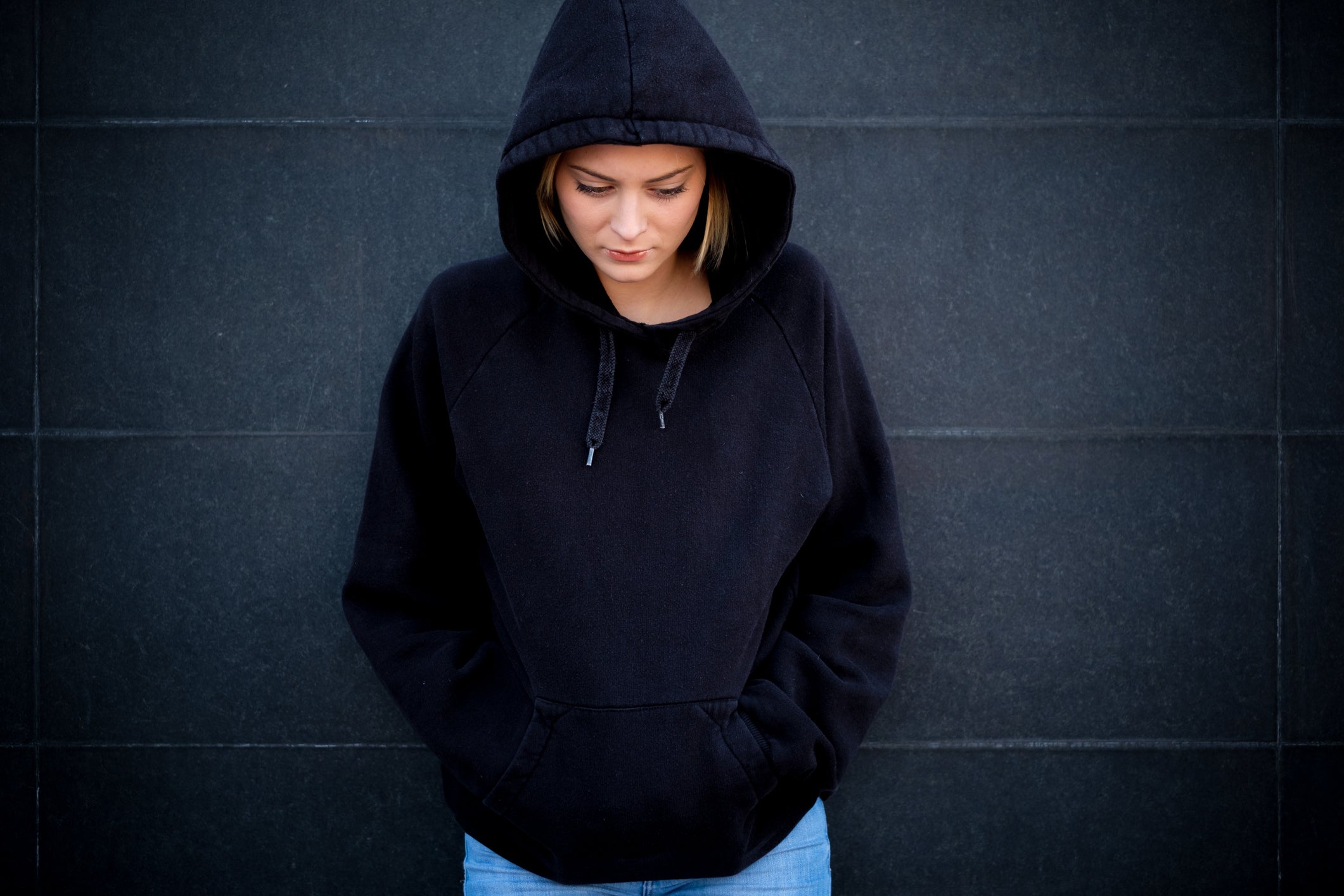It’s abhorrent for universities to silence sexual assault victims – the government wants to change this
Recently, I launched a pledge calling for universities to publicly commit to ending the use of NDAs in cases of harassment and sexual assault


Your support helps us to tell the story
From reproductive rights to climate change to Big Tech, The Independent is on the ground when the story is developing. Whether it's investigating the financials of Elon Musk's pro-Trump PAC or producing our latest documentary, 'The A Word', which shines a light on the American women fighting for reproductive rights, we know how important it is to parse out the facts from the messaging.
At such a critical moment in US history, we need reporters on the ground. Your donation allows us to keep sending journalists to speak to both sides of the story.
The Independent is trusted by Americans across the entire political spectrum. And unlike many other quality news outlets, we choose not to lock Americans out of our reporting and analysis with paywalls. We believe quality journalism should be available to everyone, paid for by those who can afford it.
Your support makes all the difference.Last week, a number of papers covered the appalling story of how an Oxford college had used a “gagging clause” to silence a young woman who had reported being raped. Sexual harassment, assault and violence is always inexcusable and the use of non-disclosure agreements (NDAs) to silence victims is abhorrent.
It was a deeply troubling story with a morally bankrupt approach to dealing with sexual assault at the heart of it. Sadly though, the only unusual part was that it made the national news. The truth is that in much of the higher education sector, there has yet to be a real reckoning with sexual assault, harassment and other forms of sexual misconduct.
More than half of students have reported encountering unwelcome sexual behaviour, including inappropriate touching, explicit messages, catcalling, being followed, and being forced into sex or sexual acts. Meanwhile among staff, a landmark report by the Universities and Colleges Union found a reluctance from universities to confront “star academics” has led to fewer than half the victims of sexual violence reporting this to their employer.
That’s why, in January, I launched a new pledge calling for universities to publicly commit to ending the use of NDAs in cases of harassment and sexual assault.
Since its launch, I’m pleased to report that over 45 universities have signed up, with more than 1.1 million students now benefitting. This is an important start, but it will not solve the problem alone. Last week, I issued new guidance to the universities regulator, the Office for Students, calling for a zero-tolerance approach to sexual assault and harassment in universities, and to bring in new binding regulatory requirements on universities as soon as possible.
Sexual assault is not the only issue in our universities to disproportionately impact women. While roughly equal numbers of men and women enter academia, there are nearly 10,000 more male professors than female professors. The reasons for this are well known. The casualisation of the academic workforce, with the proliferation of short-term and zero-hour contracts, makes it harder for women to access good maternity leave and good long-term pay prospects. It also contributes to an imbalance of power which can leave female academics vulnerable – including to the sexual harassment we have already seen.
Recently, the Gender Pay Gap Bot seized Twitter’s attention on International Women’s Day by automatically tweeting organisations’ pay gap in response to any promotional activity. Sadly, rather too many universities were shown to be in a poor light. Of course, no one would argue against celebrating a university’s inspirational female staff and alumni, but it is no substitution for tacking entrenched and unjust pay structures or stamping out sexual harassment.
Within our universities there are many challenges that command support across the political spectrum. We want an end to sexual violence and harassment; we want victims of sexual assault to be better supported and we want women entering our universities to have the same opportunities as men.
And we want better mental health for all our students – women and men – something that I have used my time as a minister to shine a light on, particularly with the increasing challenges in this area due to the pandemic. In so many areas, we have more in common than what divides us.
To keep up to speed with all the latest opinions and comment, sign up to our free weekly Voices Dispatches newsletter by clicking here
As we look at our world class universities, we see so much to celebrate. Our strong global standing, with four universities in the world’s top ten. The way we welcome and embrace students from around the world, not least those now travelling here from Ukraine. Our strong historical traditions of freedom of speech, which is now more important than ever. And of course, our world-leading research sector allowed a rapid response to the Covid-19 pandemic and the development of a vaccine that has saved countless lives.
So when we work to tackle injustice, I want us to do so in a way that unites, not divides. There is much to be proud of in our universities, just as there is throughout Britain, both in today’s society and in our history. But that does not mean there is no room for improvement – and sometimes that means taking meaningful action for change and facing uncomfortable truths: whether that’s about a culture that tolerates sexual assault; about the real victims of a casualised workforce; or about the best ways to support those facing challenges with their mental health.
We all want to improve conditions for students and staff – and working together, I truly believe we can build on the great foundations that exist to create a more socially just university system.
Michelle Donelan is minister of state for higher and further education, and minister for universities, at the Department for Education
Join our commenting forum
Join thought-provoking conversations, follow other Independent readers and see their replies
0Comments